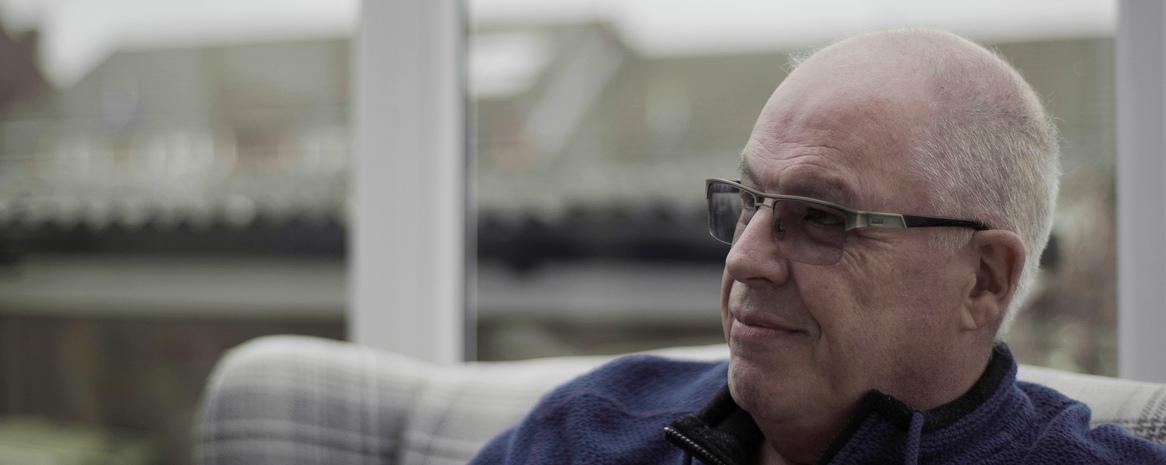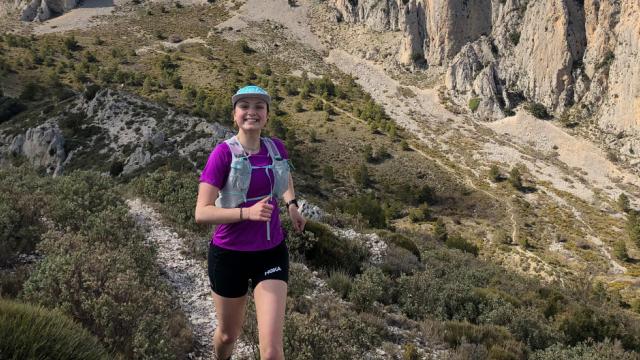Inspired by my brother
My brother was diagnosed with diabetes when he was in his late 20s and at times he struggled to manage his condition. Sadly, our family suffered a devastating loss, when he was just 38 years old, he died of Diabetic Ketoacidosis.
James
James was a very lively and funny character. In his secondary school years, he was a talented all-round sportsman. He captained both Repton and Northern Independent schools at football and won his school colours for hockey, fives and cricket. His football career was cut short by a knee injury, so he later took up golf.
He enjoyed travelling and he visited Barbados, Los Angeles, Australia for the Ashes and many more places. Perhaps his biggest adventure was a road trip where he drove 3000 miles, all over Europe, in 11 days! James loved music and he had his own Sunday afternoon show of Jazz and Blues. A lover of general knowledge quiz shows, James also captained a team for the BBC show "Eggheads".
James had a real sense of adventure, whether it was scuba diving, hot air ballooning, camel riding or taking his beloved terrier for a walk on the beach in Norfolk. James was up for it all.
Diagnosis
It was a huge shock for him, especially for a sporty person who had been so fit and well. At the time of diagnosis, he had been struggling with his health for a couple of years. When he was diagnosed with type 1 diabetes, even though he finally had the answer, this was the start of a difficult period of self-management and adjustment for him. In particular he struggled to maintain his blood sugar levels.
James used Diabetes UK for dietary support and information to understand his condition. He would always verbalise to friends and family that team Diabetes UK were the people he could ask questions and receive reliable information. He had faith that pioneering research from team DUK would make this condition easier for him to manage in the future.
Daredevil James once jumped out of a plane to fundraise for Diabetes UK, so running and fundraising in his memory seemed like a good way to place my grief.
What would he think?
He would probably think that I have gone crazy. Because of his competitive background in sport, he would possibly be interested in my marathon times and he would likely be encouraging me to push myself harder.
It is my wish that one day nobody will lose a loved one to this disease. For as long as my legs will carry me, I will always run and fundraise in his memory.
James was a fantastic son, brother and uncle, with an infectious energy. He was incredibly adventurous, funny and full of life. Not a day goes by where we don’t think of him and wonder what life would be like today if he was here. We love him, we miss him. I’ll keep on running.
Lucy has a JustGiving page at www.justgiving.com/fundraising/Lucy-Freeman16




677f.jpg)

